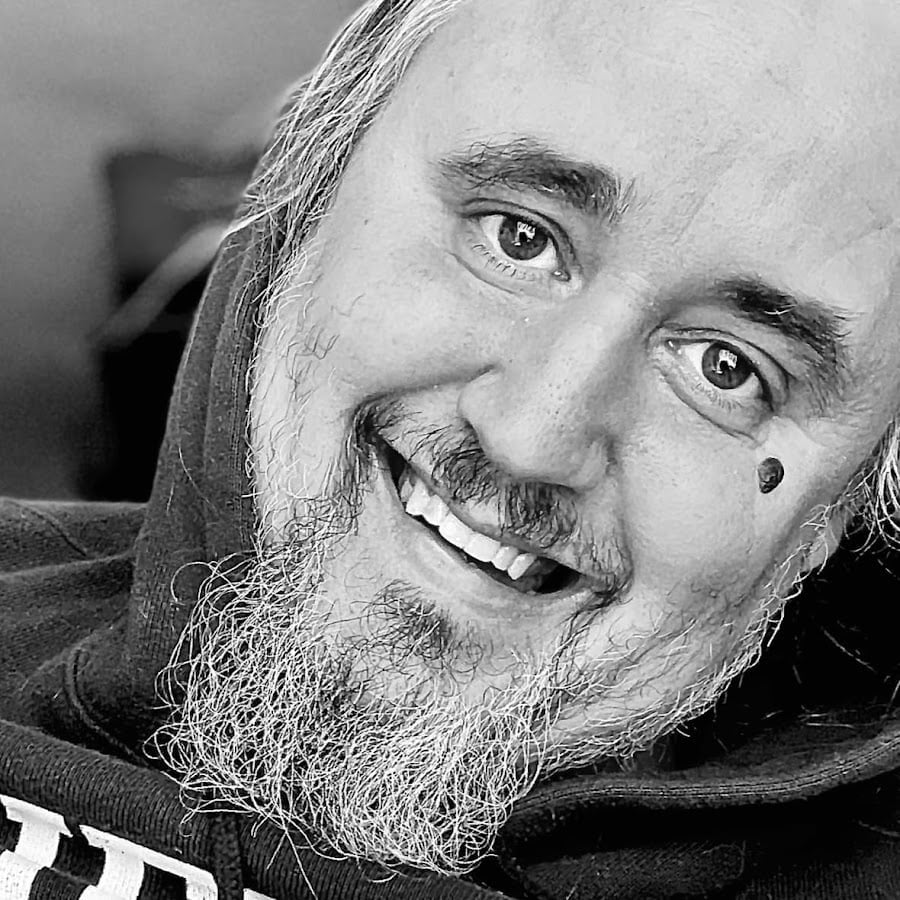When your body starts arguing with your memories, you learn the truth about resilience, reinvention, and the quiet grace of slowing down.
Now, before we get going, let me just say this: I’m 50, and I didn’t wake up on my birthday suddenly feeling old. It was a slow realization, kind of like that moment when you bend down to tie your shoe and think, When did this start making a noise?
For most of my life, I’ve been moving: physically, mentally, digitally. I grew up in Ventura, California, when kids still roamed the streets on bikes and skateboards until the streetlights came on… or later! We surfed, we rollerbladed, we skinned our knees on asphalt that was probably 110 degrees in August. I can still smell the salt air from C Street and hear the clack of skateboard wheels echoing off the concrete ditches near the east side. Who remembers skinny-dipping at the swimming holes and creaks up past Ojai? That’s how you knew you were alive, not because you were comfortable, but because your body was constantly doing something dumb and fun.
The 1984 Olympics came through L.A. when I was a kid, and the whole region buzzed like it was the center of the universe. A decade later, the Northridge earthquake rattled us back down to reality. That’s California in a nutshell: just when you start feeling untouchable, the ground literally shifts under you.
Somewhere between those years of earthquakes and roller coasters at Magic Mountain, I discovered technology. While my friends were waxing surfboards, I was figuring out how dial-up modems worked. And yes, the sound of that connection, that shriek and static, still makes my heart flutter a little. I ended up building a whole career out of it: systems engineer, IBM, Silicon Valley, the whole tech hamster wheel. It was a world powered by caffeine, jargon, and the illusion that you could outsmart time if your hardware was fast enough.
Spoiler alert: you can’t.
In 2012, my body decided to remind me of that. Multiple sclerosis, they said. And then Devic’s disease, NMO, just to make sure I didn’t get too comfortable. I even got the JC virus and cancer as a fun bonus. For someone who spent their life troubleshooting networks, it was like suddenly realizing I was the broken system.
I won’t lie, I struggled. Still do. There are days when fatigue feels like gravity doubled overnight, and I’m just trying to make it from the bed to the coffee pot without swearing at the floor. There are days when the mirror feels like an enemy. And now, just to keep things interesting, hormones has joined the party. It’s like my body’s running a software update I never asked for.
And yet, somehow, I’m still here.
After leaving Silicon Valley, I came home to Ventura’s Gold Coast and built something new, local businesses and the newest being LocalisedSEO.com. I used everything I learned in tech to help small businesses show up online, where visibility actually pays bills. It’s honest work. And it’s funny, the same systems mindset that once optimized servers now helps people find a pizza shop or a local therapist. There’s something grounding in that.
These days, I measure success less by how many projects I manage and more by how many mornings I wake up and feel grateful to keep trying. I’ve got three cats who rule the house, a partner who gets me without explanation, and a quiet sense that life isn’t about winning anymore, it’s about mentoring others.
I’m not who I was at twenty. At twenty, I believed everything could be fixed if I just worked hard enough. At fifty, I know some things just are. You live with them. You adapt. You learn that strength isn’t how much weight you can carry, it’s how long you keep carrying it after it starts to hurt.
And yeah, I still have a temper. I still overthink. I still get scared. But I’ve also learned that it’s okay to be scared and keep moving anyway. That’s the Gen X way: patch the hole with duct tape, grab a blunt, and keep going.
Sometimes I miss the Ventura of my youth, the smell of the fair in August, the Gold Mine arcade at the mall, those ridiculous chili dogs from Top Hat. The world felt bigger then. But now I see that smaller can be better. Smaller means quieter mornings. Slower pace. The sound of waves instead of notifications.
If you told the twenty-year-old version of me that one day I’d be sitting at home, writing about aging, disease, and SEO with three cats and a partner, she probably would’ve laughed. But if you told her I’d still be fighting, still learning, still laughing, still helping people, she’d believe that part.
Because underneath it all, I’m still that Ventura kid howling at the moon from the Sierra Cross. The one who wiped out on Palm Street on a skateboard, got up bleeding, and said, “Okay, one more run.”
So yeah, I’m 50. And no, I’m not in my 20s anymore. But honestly? I wouldn’t trade it. The bruises fade. The lessons don’t.
And that, my friend, is what getting older really means.

